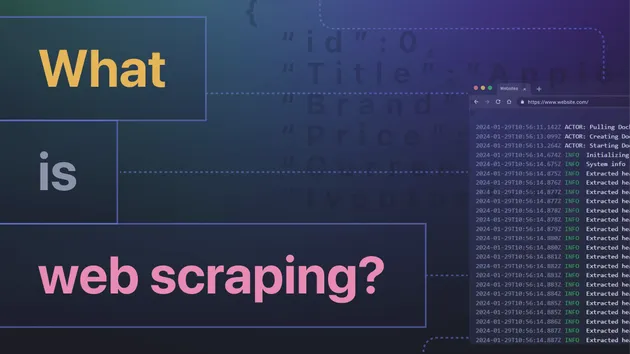Universal AI GPT Scraper
Pricing
Pay per event
Universal AI GPT Scraper
Transform any website into structured data with AI-powered extraction. This versatile tool combines advanced web scraping with intelligent content analysis to deliver clean, customized JSON output - perfect for automating data collection from any web source.
Pricing
Pay per event
Rating
5.0
(3)
Developer

Louis Deconinck
Actor stats
7
Bookmarked
160
Total users
5
Monthly active users
a year ago
Last modified
Categories
Share



